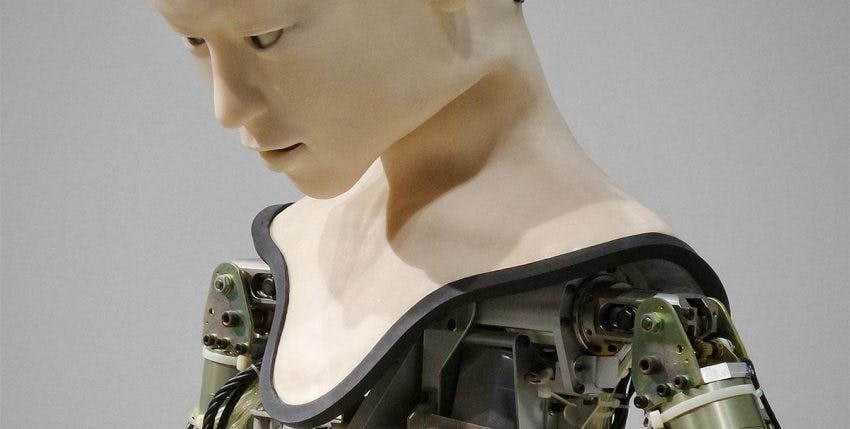



Analysts say that we are currently in the fourth industrial revolution, or Industry 4.0 as it is also known. For factories, automotive and computers the fourth industrial revolution considered smart manufacturing and the Internet of Things. However, what does Industry 4.0 actually look like and can we predict what the fifth industrial revolution will be?
With everything being developed to have a higher value to customers and being able to manufacture much more cheaply and efficiently, what exactly does the future of manufacturing look like?
3D printing allows manufacturers to create tangible items from a single printing machine. This is likely to increase the flexibility of product creation as manufacturers will be able to design specific moulded parts. Furthermore, 3D printing will help to speed up manufacturing processes as you remove additional processes such as welding and fixing parts together. Instead, 3D printing can seamlessly create a single product.
The possibilities for 3D printing are endless and could be used to create medical devices, machinery and children’s toys. 3D printing can also help to reduce the impact of waste as manufacturers no longer have to create replacement parts or wastage.
Automation is likely to continue to increase with the help of robotics. With this, robotics will be able to replace and even exceed human ability to ensure accuracy within manufacturing. Robotics can also replace tasks in environments that are considered unsafe for humans too. However, it is most likely that robotics will start to take over the roles that are considered the most tedious and unappealing to humans.
As robotics improve their voice and vision recognition, it is likely that they will begin to dominate manufacturing. A particular benefit is that robotics will only do the work specified within the time, no more, no less which helps to create a lean organisation that focuses on cost and efficiency.
With the ability to test products in a virtual world, you can limit the time of research and design as well as development. Augmented reality can also help to connect everyone within the manufacturing process wherever they are in the world. Through product simulation in augmented reality, you can have people across the globe assess and improving your product without the travel expenses and loss of time.
Utilising smart sensors and cloud data storage, it is possible for machinery in the factories to communicate with each other to perform tasks, manage data, record statistics and provide feedback which can help improve the efficiency and safety of the factory.
Machinery can communicate with sensors when there is a safety issue which means it can switch off before a problem arises or can prevent a problem from getting worse. If there is a performance issue, there is a quick way to track and reduce the problem as smart sensors can detect and pinpoint any problems to help stay proactive for the success of the manufacturing.
While perhaps not considered a manufacturing trend, crowdfunding and peer-to-peer lending are undoubtedly helping to improve the outlook of the manufacturing industry. For small businesses and start-ups with a manufacturing idea, crowdfunding can help to turn a vision into reality. Crowdfunding is a way to help small enterprises to shine and acquire capital so that their products can compete with the ones headed by the prominent manufacturing powerhouses.
As well as supporting smaller manufacturing companies and their fledgling ventures, crowdfunding can also be a lucrative investment opportunity which makes it a win-win for companies and investors. For manufacturing firms who are struggling to gain finance through conventional methods, alternative finance solutions such as crowdfunding may provide the ideal pathway.
If you are preparing your business for the future of manufacturing, then it is likely that you will be purchasing some new machinery to stay at the forefront of technology, At Compare Insurance, we can help you to find the appropriate manufacturing insurance to ensure all your machinery and premises are covered. If you want Compare Insurance to save you money on your insurance cover then call the team for free on 0333 344 3705.